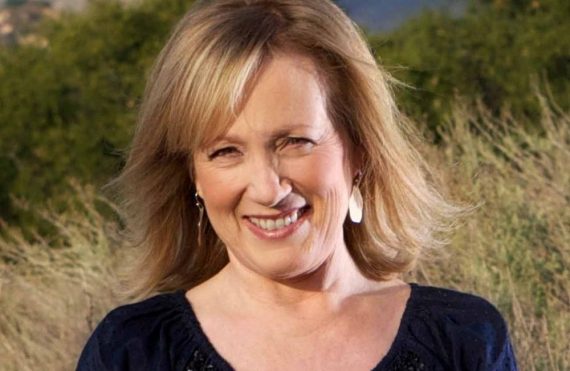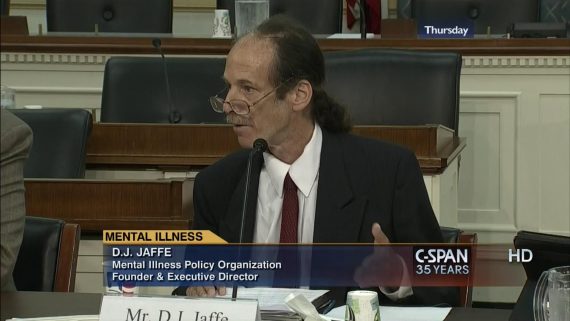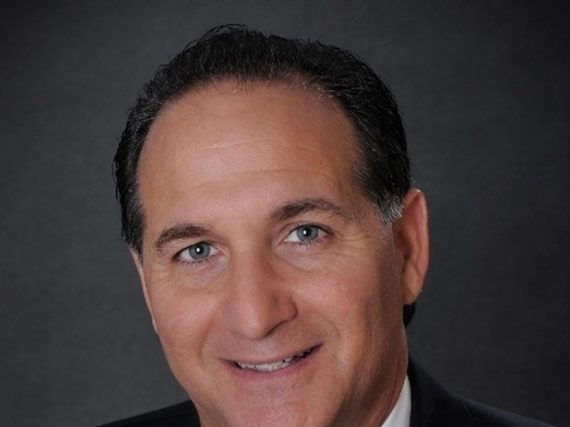
(9-24-18) I recently found myself sitting next to Kay Warren, the co-founder of the Saddleback Church in California, at a meeting of religious leaders and mental health professionals.
This first of its kind event was organized by Shannon Royce, Director of the Center for Faith and Opportunity Initiatives at the U.S. Department of Health and Human Services (HHS Center) and SAMHSA to discuss ways to better educate pastors about mental illnesses and mental health professionals about how spirituality can assist an individual’s recovery.
Pastors often are the first called by religious families and many are ill prepared.
I was deeply moved when Ms. Warren spoke lovingly about her son, Matthew, who ended his life at age 27 in April 2013, after a long battle with mental illness. She and her husband, Rick Warren, have used their pulpits to bring mental illnesses out of the evangelical closet.
“A sad reality that I’ve experienced,” Ms. Warren was quoted saying in a Christian Today interview, “is when Christians look at another Christian and say you can’t possibly be experiencing depression or anxiety or if you are you’ve failed, or you don’t love Jesus enough or aren’t praying enough. That just stabs me in the heart..”
After the conference, I began reading her blog. My father was a minister and I spent much of my life involved in different churches, although lately I’ve been slack about attending and generally don’t talk about my personal religious (or political) beliefs in this blog.
Ms. Warren generously offered to allow me to reprint one of her writings. It was difficult to choose because so much of what she has written is timely and powerful. (See Sitting On The Edge Of Hell, a recent post about mental illness.)
I have chosen a Facebook post that she authored shortly after her son’s death – perhaps because my wife, Patti, and I both have had to deal with unexpected deaths. Patti’s first husband and two younger sisters died from cancer. I lost my 16 year-old sister, Alice, when I was a teen. Grief is difficult for everyone, especially those who have lost a loved one to suicide.
I am not alone in admiring her 800-word Facebook missive. It went viral with 3.75 million readers and 10,000 comments.
Used by permission. Copyrighted by Kay Warren on Facebook:
As the one-year anniversary of Matthew’s death approaches, I have been shocked by some subtle and not-so-subtle comments indicating that perhaps I should be ready to “move on.” The soft, compassionate cocoon that has enveloped us for the last 11 1/2 months had lulled me into believing others would be patient with us on our grief journey, and while I’m sure many will read this and quickly say “Take all the time you need,” I’m increasingly aware that the cocoon may be in the process of collapsing. It’s understandable when you take a step back. I mean, life goes on. The thousands who supported us in the aftermath of Matthew’s suicide wept and mourned with us, prayed passionately for us, and sent an unbelievable volume of cards, letters, emails, texts, phone calls, and gifts. The support was utterly amazing.






